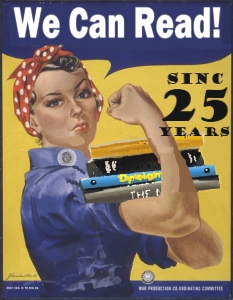Now that the winner of the 2012 CWA International Dagger has been announced, we can turn to the titles that are eligible for consideration for the 2013 competition. Karen Meek of Euro Crime has created her usual essential post of the books that qualify, and has included a GoodReads feed of the titles, also. Both of these are updated as more titles are published or announced, so check back regularly to the Euro Crime post or sign up to the GoodReads RSS feed for alerts of new books as the year goes on.
The criteria for consideration are that the book must be translated into English for the first time, and published in the UK between June 2012 and May 2013. The award is shared between the author and the translator. There are, therefore, several eligible books already published, some of which I’ve even read (sometimes a few years ago, if the book was published in the US before the UK). These read and reviewed titles are:
Adler-Olson, J. Disgrace, tr Kyle Semmel (Denmark)
Dahl, A. The Blinded Man, tr Tiina Nunnally (reviewed as Misterioso, the US edition and title) (Sweden)
Enger, T. Pierced, tr Charlotte Barslund (Norway)
Eriksson, K. The Cruel Stars of the Night, tr Ebba Segerberg (review of the US edition) (Sweden)
Holt, A. The Blind Goddess, tr Tom Geddes (review submitted) (Norway)
Indridason, A. Black Skies, tr Victoria Cribb (Iceland)
Juul, P. The Murder of Halland, tr Martin Aitken (review submitted) (Denmark)
Larsson, A. The Black Path, tr Marlaine Delargy (review of US edition) (Sweden)
Marklund, L. Last Will, tr Neil Smith (review of US edition) (Sweden)
von Schirach, F. The Collini Case, tr Anthea Bell (Germany)
Most of these books have been most enjoyable to read, but for me so far there are two clear favourites, Last Will and Black Skies. A couple of the others are extremely strong candidates, but fall short of my definition of a “crime” novel in one or two ways. Karen, of course, has listed many more titles, either published or due to be published. I’ve prioritised these so hope to be reading next:

 Fossum, K. In the Darkness (Norway)
Fossum, K. In the Darkness (Norway)
Tegenfalk, S. Project Nirvana (on order) (Sweden)
Ceder, C. Babylon (Sweden)
Meyer, D. Seven Days (South Africa)
Miloszewski, Z. A Grain of Truth (Poland)
Theorin, J. The Asylum (Sweden)
Camilleri, A. The Age of Doubt (Italy)
Kaaberbol & Friis. The Invisible Murders (Denmark)
Marklund, L. Lifetime (Sweden)
There are several others that appeal to me (and some I shall not be reading), so I am sure I’ll be reading more than those listed above between now and March 2013.
All my posts on the International Dagger.
Petrona’s International Dagger page, which includes a list of all the past winners and a link to the lists of all the eligible titles from each year, with reviews of many of them. 














